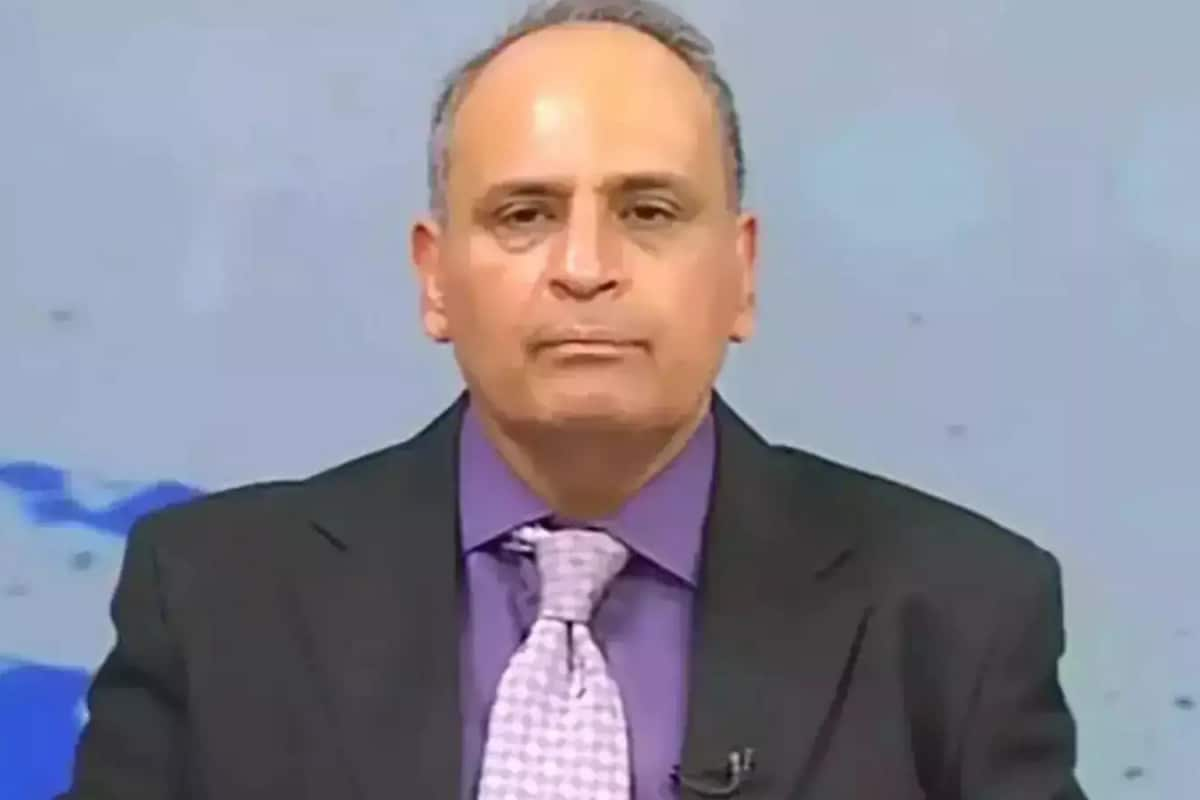

Sanjiv Bhasin, a well-known figure in the Indian stock market and a frequent commentator on business news channels, has been barred by the Securities and Exchange Board of India (SEBI) from accessing the securities market. The market regulator has also ordered the impounding of ₹11.37 crore, representing alleged unlawful gains from fraudulent trading activities. This action against Bhasin and 11 other individuals and entities has sent ripples through the investment community, raising questions about the practices of market experts and the potential for misuse of their influence.
SEBI's investigation, which spanned from January 2020 to June 2024, revealed that Bhasin allegedly engaged in coordinated fraudulent trading. The core allegation is that Bhasin placed buy orders through trading accounts of related entities shortly before recommending the same stocks on popular business channels such as CNBC Awaaz, Zee Business, ET Now, and IIFL's Telegram channel. According to SEBI, once the prices of these securities increased following his recommendations, Bhasin would sell the securities, thereby making a profit. This practice is a form of market manipulation, as it exploits the influence of his recommendations to create artificial demand and inflate stock prices for personal gain.
Bhasin was associated with IIFL Securities as a director from April 2017 to November 2022, and later as a consultant until June 2024. During this period, he offered stock recommendations that were disseminated to clients via IIFL's Telegram channel and trading platforms. SEBI's order states that Bhasin regularly coordinated with RRB dealers before making his recommendations and the trades were allegedly routed through RRB Master Securities, a brokerage firm managed by Bhasin's cousin Lalit Bhasin and his brother-in-law Ashish Kapur. This suggests a network of individuals working together to facilitate the fraudulent scheme.
SEBI's whole-time member Kamlesh Varshney noted in the 149-page order that Bhasin manipulated the price of securities and made ill-gotten gains through this scheme. The investigation uncovered instances where Bhasin had already accumulated shares via futures contracts before recommending them on television. For example, on January 11, 2022, he recommended shares of L&T Technology Services live on Zee Business, after having already accumulated 3,800 shares via futures contracts. SEBI also found that he had acquired 51,500 shares through HB Stockholdings and sold them on the same day at ₹235.45, realizing a profit of ₹8.4 lakh. WhatsApp messages were cited in the order, revealing Bhasin seeking trade confirmations and directing that profits be recorded.
In addition to barring Bhasin and others from the securities market, SEBI has directed the impounding of ₹11.37 crore, representing the total amount of unlawful gains earned from the alleged violations. The involved parties are required to open fixed deposit accounts in a Scheduled Commercial Bank to deposit the unlawful gains, with a lien marked in favor of SEBI. The amount cannot be released without permission from SEBI. The regulator has also frozen the bank and demat accounts of the 12 noticees and instructed Sanjiv Bhasin to preserve the records of his various social media accounts. The accused entities have been directed to provide a full inventory of all their movable and immovable assets and have the option to request a hearing within 21 days.
The case against Sanjiv Bhasin highlights the potential for market manipulation by influential figures in the investment industry. It underscores the importance of regulatory oversight and the need for investors to be critical of stock recommendations, especially those made on media channels.